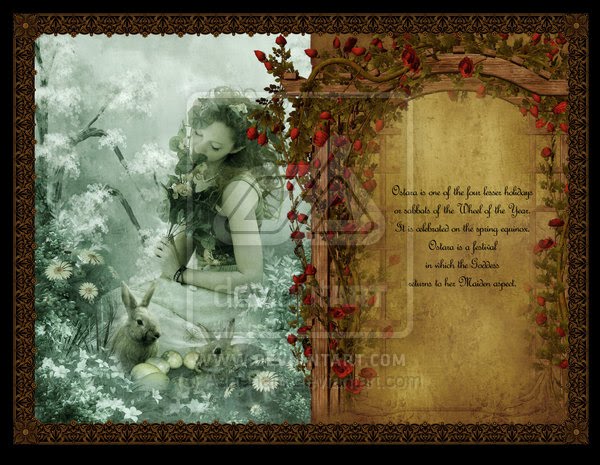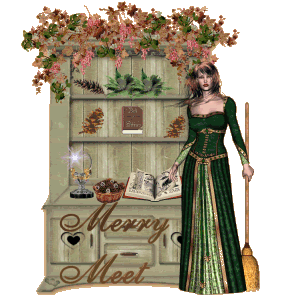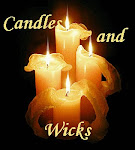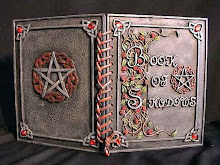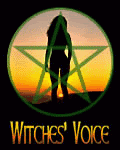
To bring Freya into your life, enjoy a breakfast of cereal with strawberries (her sacred fruit), or share a dessert of chocolate covered strawberries with your lover; wear gold clothing or jewelry, an amber necklace or keep a small swatch of gold fabric on you so you can connect with Freya throughout your day.
Freya is the Goddess of the harvest; send a prayer to her and you will be sure to have a successful growing season. For those who are seeking inspiration in writing, painting or other artistic endeavors, Freya is the one to call on. She can also be called on for matters of love, beauty, enchantments, witchcraft, wisdom, and magic.
RITUAL
When you need more passion in you life try this Freya ritual.
Altar: Decorate with red cloth and red candles. Have incense of sage or sandalwood burning on your altar and/or rub your candles with these oils, additionally you can burn sage herbs in a cauldron. You may also want to wear Gold jewelry or clothing or have a piece of Amber or Tiger Eye on your altar as well.
You will also need colored ribbon or cord…one of these should be red to represent Freya and passion, the others should be colors that you associate with your need…for example, yellow for creativity, pink for a better love life, blue for the ability to speak about matters that mean the most to you, etc.
Cast your circle and call in the four quarters to help you:
Greetings Powers of Earth, I invite you to join me in this time within a time, this space within a space to help me harvest more passion into my life. Greetings Powers of Air, I invite you to join me in this time within a time, this space within a space to help me find creative ways to gather more passion into my life.
Greetings Powers of Fire, I invite you to join me in this time within a time, this space within a space to help me remember passion brings much needed changes into a stagnant life.
Greetings Powers of Water, I invite you to join me in this time within a time, this space within a space to talk to me in dreams in visions on how to bring passion into my life.
Stand in the center of your circle and call upon Freya, the Queen of the Valkyries:
"Great Goddess Freya,
I call upon you in this time within a time,
this space within a space to bring more passion to my endeavors.
You are the beautiful Aesir Goddess,
the Goddess of love, fertility, magic and passion. "
Sit or kneel before your altar and tie a knot at the top of your cords to bind them together, the cords can be big enough to wear as a sash around your waist or small enough to wear as a bracelet. Begin to braid the cords together as you focus on the aspect of your life that you need more passion in. While you're braiding, say the following chant: Oh lady Freya, Goddess of love and fertility, please send your passion into me.
When you're done braiding, offer your finished braid up to Freya…place it on your waist, neck, crown or wrist and dance and hum to raise your energy. At the right time send your energy out into the universe and cry Passion!
Ground and center. Thank Freya for coming into your circle and sending you her gift of passion. Acknowledge and thank the four quarters: Greetings Powers of Earth: I humbly and gratefully accept your assistance in this time within a time, this space within in space as you helped to harvest more passion into my life. Blessed be. Greetings Powers of Air: I humbly and gratefully accept your assistance in this time within a time, this space within in space as you helped to gather more passion into my life. Blessed be. Greetings Powers of Fire: I humbly and gratefully accept your assistance in this time within a time, this space within in space as you helped to bring more passion into my life. Blessed be. Greetings Powers of Water: I humbly and gratefully accept your assistance in this time within a time, this space within in space as you helped to open up my subconscious mind to opportunities to have more passion into my life. Blessed be. Open your circle and enjoy the gift of Passion from the beautiful Goddess Freya.~~ Source: White Moon Gallery |
